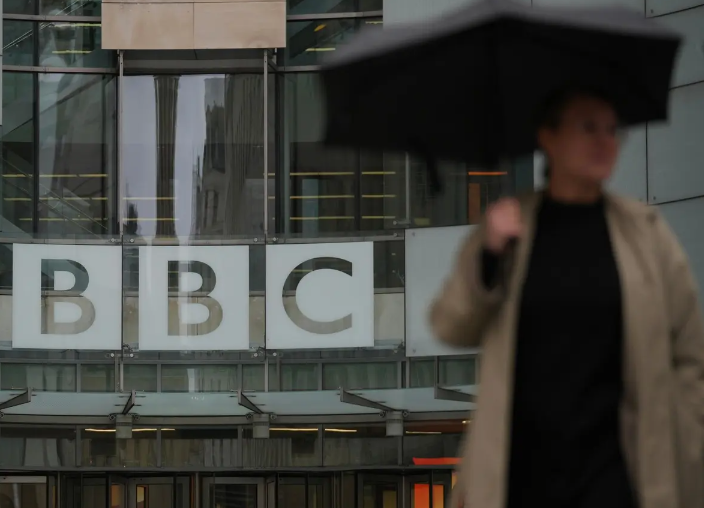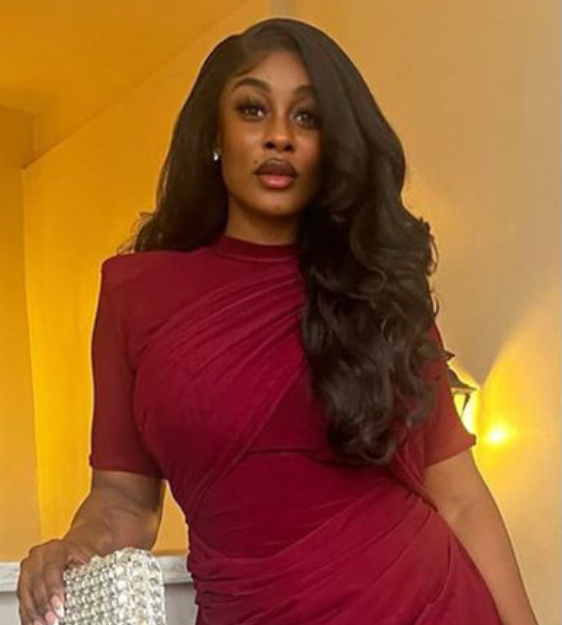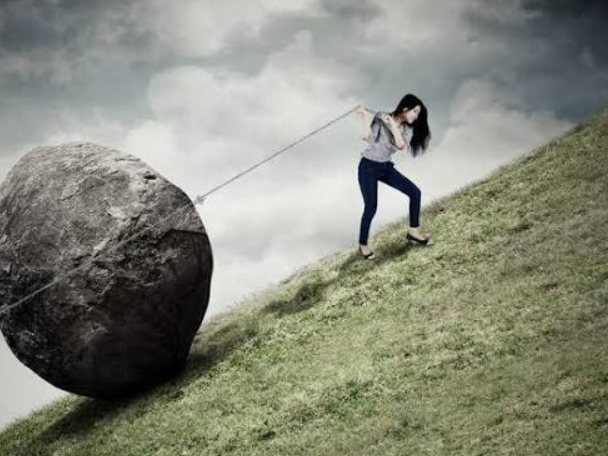
Trump Declares War on BBC: Threatens $1 Billion Lawsuit Over “Defamatory” Jan. 6 Documentary
In what is shaping up to be one of the most dramatic clashes between politics and media in recent years, former U.S. President Donald Trump has threatened to sue the British Broadcasting Corporation (BBC) for a staggering $1 billion, accusing the network of “malicious and defamatory editing” in a documentary
In what is shaping up to be one of the most dramatic clashes between politics and media in recent years, former U.S. President Donald Trump has threatened to sue the British Broadcasting Corporation (BBC) for a staggering $1 billion, accusing the network of “malicious and defamatory editing” in a documentary centered around his infamous January 6, 2021 speech. The fallout has already claimed major casualties at the BBC, with both its Director-General Tim Davie and Head of News Deborah Turness resigning under immense pressure.
According to reports obtained by The New York Times, Trump’s legal team, led by attorney Alejandro Brito, sent an explosive letter to the BBC demanding a full retraction of the controversial documentary Trump: A Second Chance?, a public apology, and monetary compensation that would, in their words, “appropriately compensate President Trump for the harm caused.” The documentary, which aired ahead of the 2024 U.S. presidential election, allegedly edited Trump’s January 6 speech in a manner that his team claims falsely portrayed him as inciting violence during the attack on the U.S. Capitol.
“The BBC is on notice,” Brito wrote in the sharply worded letter, warning that if the network failed to comply, Trump would “enforce his legal and equitable rights” by filing a lawsuit seeking “no less than $1,000,000,000 (One Billion Dollars) in damages.” The letter closed with a stern directive: “PLEASE GOVERN YOURSELF ACCORDINGLY.”
The BBC, caught in the storm of global attention, confirmed it had received the legal threat. In a brief statement published on its website, the broadcaster said it would “respond in due course.” The network also confirmed that the documentary had already been removed from its online platform, signaling a rare and significant retreat by one of the world’s most respected media institutions.
The controversy centers on how Trump: A Second Chance? presented Trump’s remarks from that fateful day in January 2021. According to Trump’s camp, selective editing made it appear as though he issued a direct call for violent action—a claim the BBC now admits was a serious “error in judgment.”
BBC chair Samir Shah, in a separate letter released Monday, acknowledged that the broadcaster’s internal standards committee had discussed complaints about the documentary’s editing as far back as January and May. However, no formal disciplinary action was taken at the time. “With hindsight, it would have been better to take more formal action,” Shah wrote, adding, “We accept that the way the speech was edited did give the impression of a direct call for violent action. The BBC would like to apologize for that error of judgment.”
That admission came too late to save the network’s top leadership. By Sunday evening, both Davie and Turness had stepped down amid mounting outrage from within and outside the BBC. Their resignations marked the culmination of weeks of controversy surrounding the network’s editorial integrity, reigniting long-standing debates about bias, accountability, and the delicate balance between journalistic freedom and political fairness.
For Trump, this episode is not merely about reputation—it’s about narrative control. The former president has long waged a rhetorical war against major media outlets, branding them “fake news” and accusing them of conspiring to damage his political career. Now, with another presidential campaign possibly on the horizon, this billion-dollar legal threat fits neatly into his broader strategy of portraying himself as a victim of media persecution.
“The BBC’s actions were not just negligent—they were deliberate, defamatory, and politically motivated,” a Trump campaign aide told reporters off the record. “They took his words, twisted them, and broadcast them to millions in a way that could only be interpreted as malicious.”
Legal experts, however, say Trump’s case—should it move forward—will face a steep uphill battle. Defamation suits against media organizations are notoriously difficult to win, especially when the plaintiff is a public figure. Under both U.S. and U.K. law, Trump would need to prove not only that the BBC’s edits were false and damaging, but also that they were made with actual malice—a high bar in any jurisdiction.
Nonetheless, the political implications are seismic. The BBC’s apology and leadership shakeup represent a rare moment of vulnerability for an institution often viewed as a global standard-bearer for journalistic integrity. It also provides Trump with fresh ammunition to bolster his long-running narrative that the media cannot be trusted. For his supporters, the case symbolizes vindication; for his critics, it’s yet another example of Trump using intimidation and spectacle to manipulate public discourse.
Social media has been ablaze with reactions since the news broke. Trump loyalists have cheered the move as a long-overdue reckoning for what they see as “media corruption,” while detractors accuse the former president of bullying tactics meant to silence accountability. “Only Trump could threaten a billion-dollar lawsuit against the BBC and make it sound like a campaign speech,” one user wrote on X (formerly Twitter), summing up the polarized mood online.
The BBC, meanwhile, faces a crisis of confidence. The resignations of Davie and Turness have left the organization scrambling to restore its credibility, especially at a time when misinformation and public distrust in media are at an all-time high. Insiders say morale at the broadcaster’s London headquarters is low, with staff members divided over how the scandal was handled.
“People are asking themselves how this could have happened under our watch,” one senior producer reportedly said. “Panorama has always been about truth-telling, not political distortion. This is a dark moment for the BBC.”
The timing of the controversy adds another layer of intrigue. Trump’s latest confrontation with the press comes just as he ramps up public appearances ahead of the 2026 midterms and teases another potential White House run. His threat to take on one of the world’s biggest broadcasters sends a clear message: Trump remains willing to take his media battles global.
Whether the lawsuit materializes or not, the damage has already been done—to both sides. The BBC’s admission of editorial failure undermines its long-cultivated image of impartiality, while Trump’s aggressive posture risks deepening divisions between his camp and international media. Yet, as history has shown, Trump thrives on conflict, and few fights serve him better than one that pits him against the establishment.
As of now, the BBC has not issued a detailed response beyond its short public statement, and it remains unclear whether the broadcaster will seek an out-of-court settlement or face Trump head-on in what could become one of the most closely watched defamation battles in recent memory.
For observers, one thing is certain: the line between politics and media has never been thinner. In an era where edited clips can alter public perception and a single word can shift global headlines, both Trump and the BBC are learning—once again—that the truth is not just a matter of record; it’s a matter of power.
And as Trump readies his next move, the world watches, waiting to see whether this will end as another Trump media feud—or the billion-dollar lawsuit that shook the BBC to its core.
Share this post
Related Posts

\"I Was a Virgin but Addicted to Porn – Gaise Baba Opens Up on Struggles Before Marriage
Popular Nigerian gospel singer and cultural ambassador, Gaise Baba, has stirred emotions and provoked wide...

“Ban Me from Eggs and Collect My Wigs!” – Uriel Vows to Keep Her Relationship Offline After Watching Social Media Drama Unfold
In a world where oversharing has become the default setting, reality TV star and influencer,...

The Social Media Dilemma: When Sharing Struggles Becomes a Debate
In a world dominated by social media, the lines between personal expression and public scrutiny...